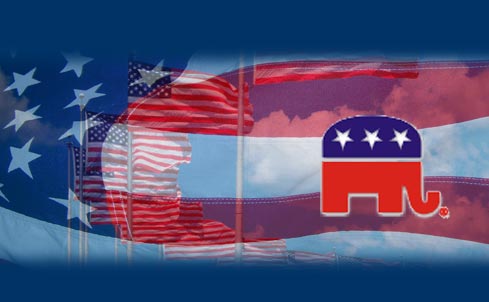Labor Unions and Liberty

The aftermath of Wisconsin’s recall election seems like a perfect time to reflect on the role and desirability of labor unions. I’ve arguedelsewhere that public- and private-sector unions are quite different beasts and that public-sector unions cannot be justified on liberal-democratic grounds while private-sector unions are not only unobjectionable, but desirable. I’ve argued that it’s not only possible but reasonable to support private-sector unions as a safeguard against economic exploitation and oppose public-sector unions as an instrument of political exploitation, but I don’t think I’ve said enough about why private-sector unions are a good idea. In this excellent post, McGill political theorist Jacob Levy makes a case for unions on libertarian-ish grounds I find entirely agreeable.
Jacob first enumerates seven well-understood problems with unions which generally stand behind libertarian and conservative arguments against unions. Then he adds these points in unions’ favor:
Jacob’s thinking is very close to my own, only better.
Thinking through the controversy over public-sector unions has made me firmer in my conviction that organizing against taxpayers ought to be out of bounds, but it has also made me much more sympathetic to the role of private-sector unions. I agree with Gary Chartier’s libertarian argument against “right to work” laws, and that it ought to be easier to organize workplaces more generally. I think the dangers of making organizing easier are small. Competitive globalized markets for labor and capital make the worst excesses of unions infeasible. That outsourcing and capital flight would prevent a reinvigorated American private-sector labor movement from becoming as a powerful force for a more social-democratic politics is a fact progressives have a hard time accepting, but for me that fact is more feature than bug. Earlier today, Ezra Klein shared this chart of unionization rates in the OECD countries:
Making unionization easier isn’t going to restore unionization rates to their former heights. Card check is nothing to fear. As Ezra notes, “Canada, which does have card check elections, has seen union density fall by almost 10 points since the mid-’80s.” I think the main effects of removing obstacles to unionization would be to improve the quality of some workplaces while redistributing a little of the economic surplus away from capitalists and consumers and toward workers. Sounds good! I still worry that the insider-outsider logic of labor unions will price some less-skilled workers out of some markets, and that unions will re-emerge as opponents of freer immigration, but I worry less than I used to. It’s pretty clear that global market forces function worldwide to keep unions’ worst anti-competitive instincts in check.





